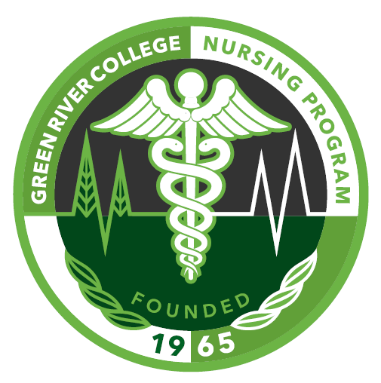About Medical Assistant Phlebotomy
Our Medical Assistant Phlebotomy program trains you to work in a doctor’s office, clinic, or hospital. You’ll learn how to take blood samples, check vital signs, help with exams, and keep patient records.
This program gives you the hands-on skills you need to start a career in the medical field. You’ll practice using real tools and equipment and learn how to care for patients in a safe and respectful way. When you finish, you’ll be ready to take certification tests and apply for entry-level jobs in healthcare.
Certificate Option

Medical Assistant Phlebotomy Certificate
Career Outlook
Getting a phlebotomy certificate can be a great first step into the medical field. A phlebotomist is a person who draws blood from patients. This blood is used for tests, donations, or research. Phlebotomists work in hospitals, clinics, labs, and blood donation centers.
Job Opportunities
There are many places that need phlebotomists. As more people need medical care, the need for blood tests also grows. This means there will be steady job opportunities in this field. Some phlebotomists may also work with mobile blood drives or home health care.
Job Growth
According to experts, phlebotomy jobs are expected to grow faster than average over the next 10 years. This is because more testing is being done to help prevent and treat diseases. As the population gets older, the need for health care increases, too.
Pay and Hours
The average pay for a phlebotomist is around $38,000 to $45,000 per year, depending on location and experience. Some jobs offer full-time hours, while others may be part-time or shift work, including nights or weekends.
Room to Grow
Phlebotomy is also a good starting point if you want to move up in health care. Some people use it as a stepping stone to become nurses, medical assistants, or lab techs. Getting more training or going back to school can help you move up.
In Summary:
- Good job outlook with lots of opportunities.
- Steady pay and room to grow.
- Important work that helps patients every day.
View the Career and Program Explorer

Program Outline
An overview of the nursing programs offered at Green River College, including details on structure, coursework, and program duration.
Funding Opportunities
An exploration of financial support available to nursing students, including scholarships, grants, and other financial assistance options.
Advising
Our team works with you to explore career options and develop a plan to achieve your academic and professional goals.
Academic Support
The Master Achiever Center (MAC) provides advising and support for students in programs such as Transitional Studies (TS), GED®, High School 21+, English Language Learners (ELL), and I-BEST, helping them navigate their educational journey and transitions.
Open Doors provides students without a high school diploma a variety of new options to achieve their educational goals.
Program Admissions
Guidance and information on the application process, admission requirements, and steps to enroll in Green River College’s nursing programs.
Current Students
Resources, information, and support for students currently enrolled in nursing programs at Green River College, including access to student services and academic support.